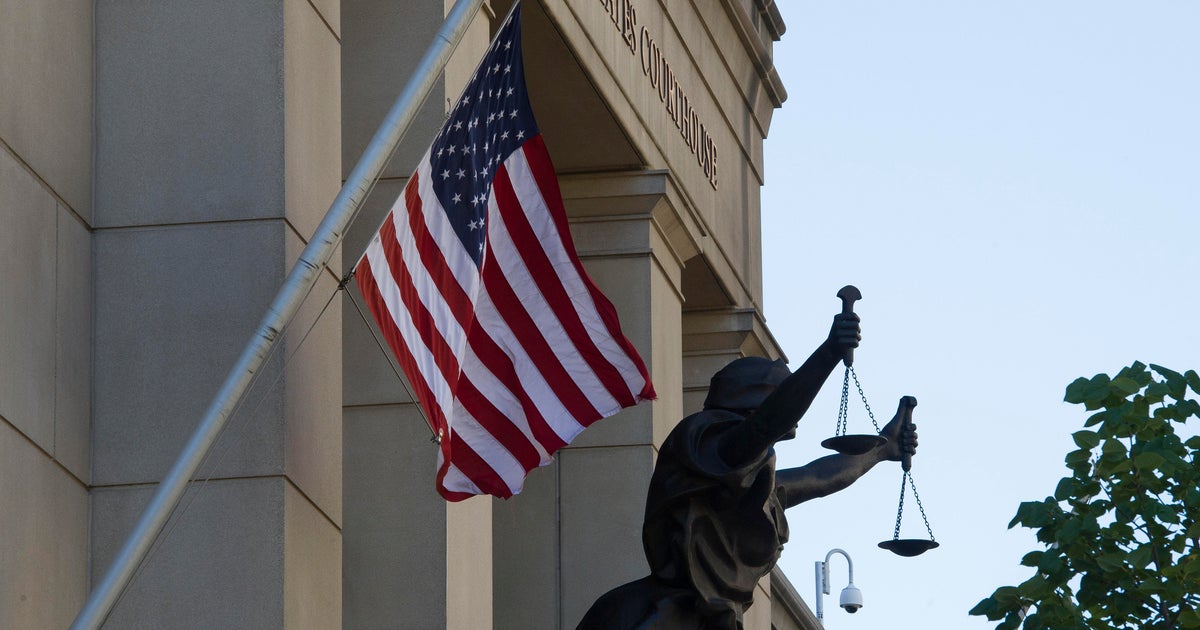Abortion in Texas will resume, despite attorney general orders
Update: The Fifth Circuit Court of Appeals ruled on Tuesday that Texas can again implement its temporary abortion ban
A federal judge blocked Texas's temporary abortion ban on Monday, allowing the procedure to resume despite the state's suspension of "non-essential" procedures, which explicitly included pregnancy termination. Tuesday morning, Texas Attorney General Ken Paxton sought to reverse the order, filing for an immediate appellate review in the United States Court of Appeals for the Fifth Circuit.
"Abortion providers who refuse to follow state law are demonstrating a clear disregard for Texans suffering from this medical crisis," Paxton said in a statement shared with CBS News. "My office will continue to defend Governor Abbott's Order to ensure that supplies and personal protective gear reach the hardworking medical professionals who need it the most during this health crisis."
In his decision to block the effective abortion ban from continuing, Judge Lee Yaekel, a George W. Bush appointee, wrote, "The attorney general's interpretation of the Executive Order prevents Texas women from exercising what the Supreme Court has declared is their fundamental constitutional right to terminate a pregnancy before a fetus is viable."
"Patients will suffer serious and irreparable harm in the absence of a temporary restraining order," wrote Judge Yeakel.
On Monday, March 24, Texas Attorney General Ken Paxton ordered all abortion services immediately halted, with the limited exception of those that are "necessary to preserve the life or health" of the patient. Those in violation faced "penalties of up to $1,000 or 180 days of jail time."
Two days later, the Center for Reproductive Rights, Planned Parenthood Federation of America, and the Lawyering Project filed a joint complaint, asking a federal court for an immediate temporary restraining order to block the order from continuing, calling the directive "unconstitutional" and in violation of Roe v. Wade, the 1973 Supreme Court decision that legalized the procedure nationwide. In the meantime, hundreds of patients were unable to receive an abortion in the state, forcing some to travel to neighboring states despite a stay-at-home order.
Since then, a handful of other traditionally conservative states have also interpreted the directive to suspend "non-essential" medical procedures to include abortion services. In a sweep of legal filings on Monday afternoon, a coalition of abortion rights advocates challenged those orders in four states: Alabama, Iowa, Ohio and Oklahoma.
"This ruling sends a message to other states: Using this pandemic to ban abortion access is unconstitutional," said Nancy Northup, president and chief executive officer of the Center for Reproductive Rights, in a statement emailed to CBS News. "Abortion care is time-sensitive and essential health care that has a profound impact on a person's health and life, which is why it is protected as a constitutional right."
The Texas Attorney General will be seeking "appellate review promptly," said Marc Rylander, a spokesperson for the office, in a statement emailed to CBS News. "We are disappointed in the court's decision."



